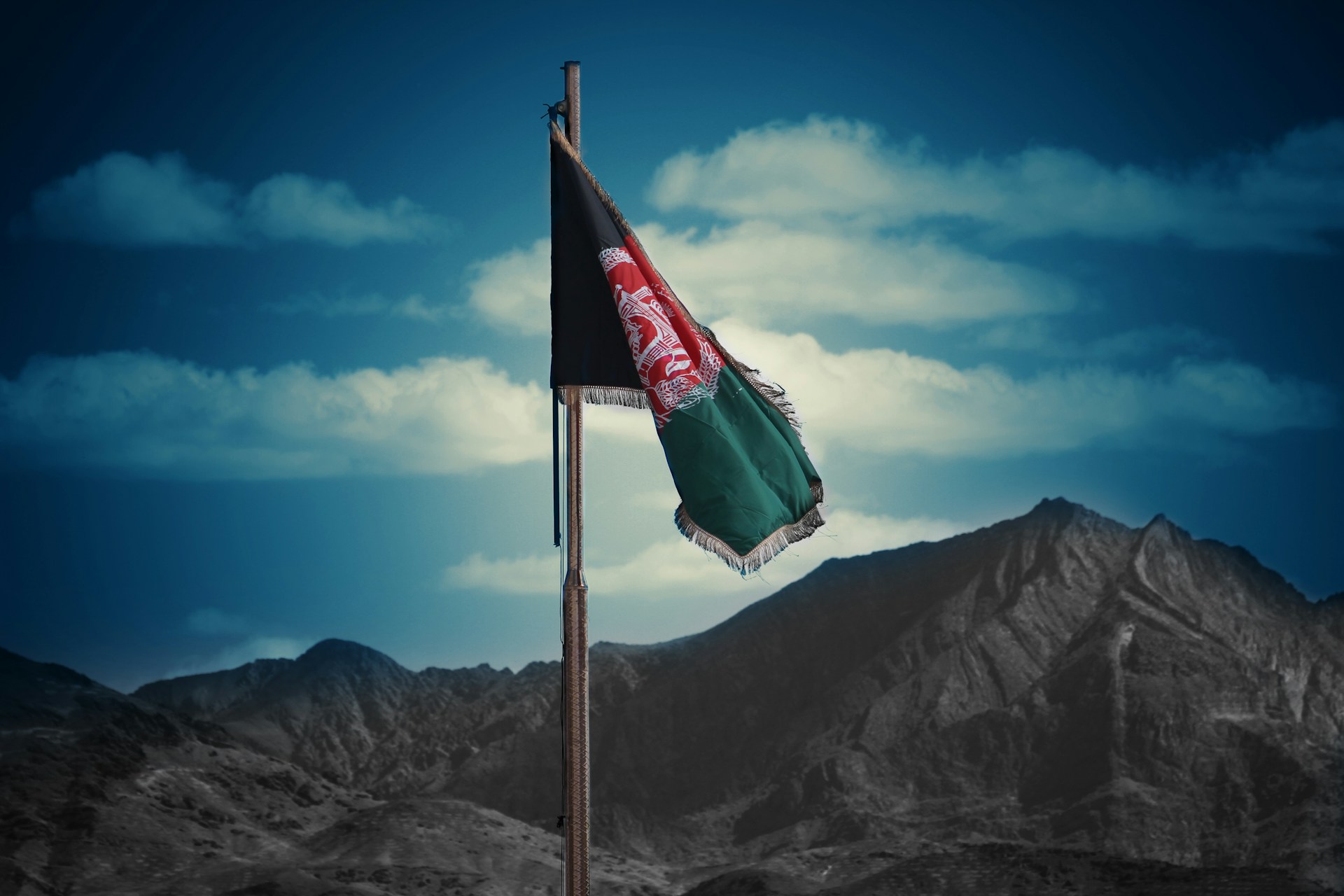Introduction:
The Afghan refugees living in Canada must understand the country’s health system to find a family doctor. In this guide, along with the explanation of the Canadian health system, the importance of finding a family doctor has been revealed and other challenges that can be faced in the health sector in this country have also been taken into account.
Family doctor:
Family physicians are very important in the Canadian health system and are considered the backbone of the health system. Family doctors provide comprehensive health services to individuals and families. These doctors work in the areas of disease prevention, chronic disease management and patient advocacy. Also, family doctors play an important role in the physical and mental health of individuals and families. If necessary, family doctors refer their patients to specialists and thus ensure proper care of their patients.
Family doctors are vital to a patient in the following areas:
1- Mental health care: family doctors can provide you with mental health related resources, referrals and other ways of support. Feel free to talk with your doctor about any emotional or psychological concerns you have.
2-Integration of traditional health beliefs: The family doctor provides health services by understanding your Afghan health beliefs and respecting these beliefs. You can talk to your doctor about your health practices and beliefs.
3- The role of family and community: Family and community play an important role in health care decisions and management and can be effective in providing social support, sharing resources, and creating a sense of belonging. Involve your family in health care decisions and contact your local Afghan community for more help.
4-Trust and relationship in health care and treatment: Trust is very important in your relationship with your family doctor. This relationship is strengthened over time and can be further reinforced through open communication, joint decision-making and mutual respect. Feel free to consult and ask questions about your health concerns with your doctor. Based on research, a good relationship with your family doctor guarantees your good health and can control and prevent some serious health conditions such as cancer and other similar diseases.
5- Preventive care: Prevention is important for maintaining good health, that’s why the family doctor can perform your necessary examinations and vaccinations, give necessary advice to change the lifestyle and diagnose major health problems urgently. Get regular medical checkups as recommended by your doctor.
6- Management of chronic diseases: family doctors play a significant role in the control of chronic diseases by providing long-term care and management plans; Therefore, follow your doctor’s instructions, make the necessary changes in your lifestyle and attend the scheduled examinations.
7- Health support: The family doctor can serve as a health supporter and help you become familiar with the health system, access the necessary resources and make sure that your health needs are met. Have a strong and understanding relationship with your doctor and make sure the doctor is fully aware of your health problems.
8- Long-term health planning: Family doctors can help you make a long-term health plan by considering your health history, lifestyle and personal health aspects. Share your long-term health goals with your doctor so he can help you achieve them.
Initial meeting with family doctor:
You can learn whether this doctor is suitable for you or not in the first meeting with the doctor. Using this opportunity, you can remove your health concerns and doubts about your health. Also, in the first visit, you can be sure whether the doctor pays attention to your cultural and personal aspects that may affect your health. Remember that before meeting with the doctor, you should prepare a list of your health problems and concerns and share them with him.
Ways to find a family doctor
The following resources can be helpful in finding a family doctor:
-Finding a family doctor through some online resources such as British Columbia’s “Find a Physician” or Ontario’s Health Care Connect.
-Asking about a family doctor at the nearest hospital
-Recommendations from members of the Afghan community.
-If finding a family doctor takes a long time, visit clinics for non-urgent health problems.
-Ask a friend or family member if their doctor is accepting new patients.
-Remember to keep a list of the doctors you need who are accepting new patients and take your time with them.
Familiarity with the Canadian health care system
Canada’s health system is financed from the general budget and provides a wide range of services to all citizens. This necessarily includes hospitals and physician-related services that vary from province to province. It is also important for Afghan refugees to fully familiarize themselves with these health services in their respective areas so that they can take advantage of them when needed.
Emergencies
Every city of Canada has hospital emergency departments that handle health emergencies, as well as ambulance services accessible across the country for immediate medical assistance. Keep the contact information of your nearest emergency department with you for quick access during an emergency.
Agreement with health culture in Canada
Canada’s health care culture may differ significantly from the health culture you are familiar with; Familiarize yourself with these differences. If you are unfamiliar with any culture related to health care, you can ask Afghans and other communities and get information.
Digital health records
Canada is increasingly moving towards digitalization and its effects on the health sector are clear and obvious, including digital health care records. In this system, your comprehensive health history is not included and thus the assurance of your effective and optimal health care is increased. You must ensure that your information is recorded accurately and correctly in your digital health records.
Health challenges facing Afghan refugees:
Afghan refugees may face some health problems such as mental problems that may have existed before and chronic diseases that have occurred due to lifestyle changes. Also, the presence of language problems also creates problems in understanding with health service providers. Whenever you have language problems and at the same time need to share your problem with a health worker, in this case, look for an interpreter.
Most of the health service providers have interpreters with them or provide their services in different languages. If you have a translator, you can clearly discuss health issues with the doctor. To avoid misunderstandings, take advantage of such services.
A few organizations such as the Afghan Canadian Association and the Afghan Women’s Organization can offer a variety of services such as language classes, recruitment services, health literacy and mental health resources. Reach out to Afghan community centers or other related institutions for more awareness and support, to get more support.
Conclusion:
Starting a new life in Canada brings exciting opportunities and challenges. One of the priorities of Afghan refugees should be hiring a family doctor. Although hiring a family doctor may seem difficult to you, but you need such a doctor to ensure your best health in your new home and new life.
If you are unfamiliar with the Canadian healthcare system, don’t worry. There are many resources and support networks that can help you with this. In a dynamic and multicultural country like Canada, your health is an asset and your contribution to society is important.
If you are new to the Canadian health care system, this guide provides essential and basic information. Don’t hesitate to ask questions or support requests for more information. Your health is a big journey and to travel this journey comfortably, the first step is to find a reliable family doctor.
Sources:
Government of Canada. (2023). “Health care in Canada.” https://www.canada.ca/en/services/health/care.html
Government of British Columbia. (2023). “Find a doctor.” https://www2.gov.bc.ca/gov/content/health/managing-your-health/family-doctor
Health Care Connect. (2023). “Find a Family Doctor or Nurse Practitioner.” https://www.ontario.ca/page/find-family-doctor-or-nurse-practitioner
Canadian Mental Health Association. (2023). “Mental Health Programs and Services.” https://cmha.ca/programs-services
Afghan Women’s Organization. (2023). “Services.” https://www.afghanwomen.org/what-we-do/services/
Canadian Institute for Health Information. (2023). “Primary Health Care.” https://www.cihi.ca/en/primary-health-care
Canadian Medical Association. (2023). “Family Medicine.” https://www.cma.ca/En/Pages/specialty-profiles.aspx
Centre for Addiction and Mental Health. (2023). “Health Services for Refugees.” https://www.camh.ca/en/health-info/guides-and-publications/health-services-for-refugees
Government of Canada. (2023). “Mental Health Support.” https://www.canada.ca/en/services/health/mental-health.html
Afghan Canadian Community Center. (2023). “About Us.” http://www.afghancanadiancc.org/aboutus.html
Views: 61












